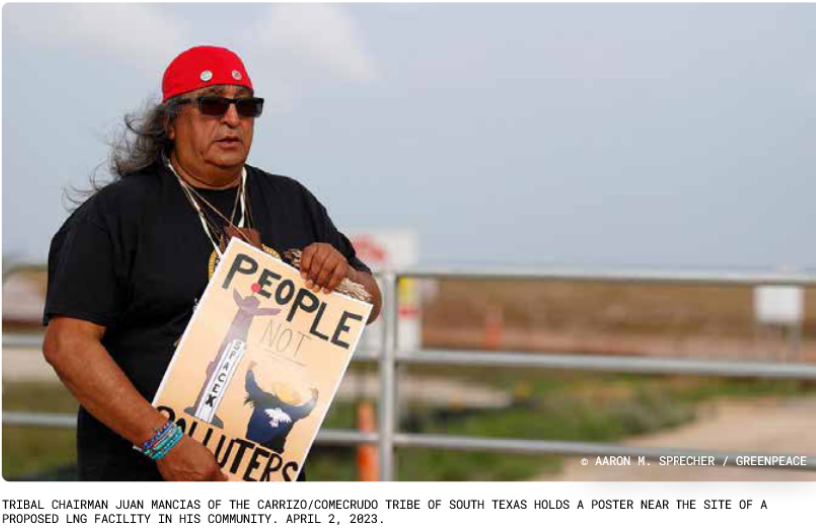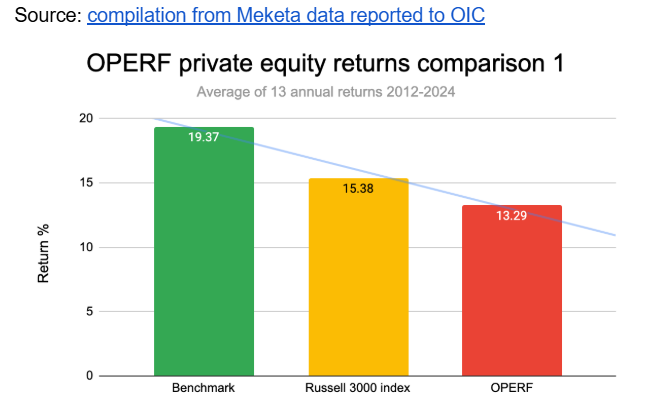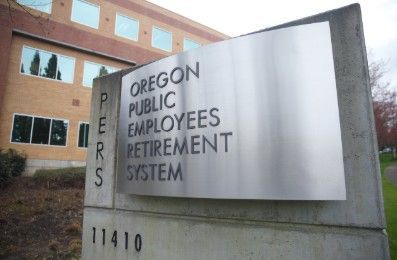Multnomah County chose to sue Big Oil and McKinsey for climate damage … and the Oregon Treasury chose to invest in Big Oil and hire McKinsey
Multnomah County made international news by suing Big Oil and their consultant McKinsey and Company for their role in the 2021 heat dome in the county – and asked for tens of billions of dollars for past damage and future climate risk mitigation.
The Oregon State Treasury manages the investment of $137 billion of your retirement dollars and taxes. Treasurer Tobias Read is drafting a decarbonization plan to achieve “net zero” emissions by 2050, or maybe 2040, for the Treasury portfolio. The Treasury continues to invest billions in Big Oil – and chose McKinsey as the decarbonization plan consultant, under contract for
$1.9 million.
McKinsey has global reach and an enormous client base. As McKinsey says, on the
company website: “Over the past 5 years, we have advised 55 percent of the world’s top 20 oil and gas companies on capital productivity, on more than 285 projects spanning all major hydrocarbon basins.”
A
New York Times article, published 10/27/2021, looks closer:
At McKinsey, Widespread Furor Over Work With Planet’s Biggest Polluters
Among the 100 biggest corporate polluters over the past half-century, McKinsey has advised at least 43 in recent years, including BP, Exxon Mobil, Gazprom and Saudi Aramco, generating hundreds of millions of dollars in fees for the firm.
Across the world, from China to the United States, McKinsey’s work with these companies is often not focused on reducing their environmental impact, but rather on cutting costs, boosting productivity and increasing profits.
In 2018, those clients alone — not including scores of other polluters advised by McKinsey — were responsible for more than a third of global carbon emissions, based on figures from the Climate Accountability Institute, a nonprofit that tracks corporate emissions and fossil fuels burned by customers of these companies.
In the article
McKinsey & Co. worked with Russian weapons maker even as it advised Pentagon, NBC explored the question of McKinsey’s potential conflicts of interest. Sen. Maggie Hassan, D-N.H., told NBC News
that McKinsey has displayed a “pattern of behavior” in its consulting abroad and in Washington that raised “grave concerns about conflicts of interest.” McKinsey spokesperson Neil Grace is quoted: “McKinsey complies with all applicable U.S. contracting laws, including those regarding conflicts of interest.”
While McKinsey firewalls may prevent actual conflicts, given the unarguable relationship between McKinsey and fossil fuel giants was it good judgment for the Treasury to choose McKinsey as the consultant for their decarbonization plan?
Oregon is a state with a strong commitment to alleviate climate risk, as noted both by Treasurer Read in his
press release about his decarbonization plan and in the
Multnomah County lawsuit. Here are two Oregon agencies, both supported by public funds. The State Treasurer is aligning with Big Oil and its consultant firm that Multnomah County just sued. Does this make sense?











